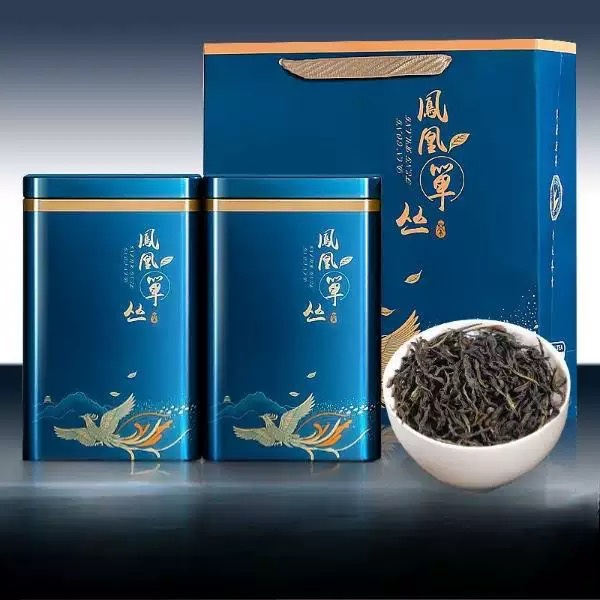
# The Cultural Significance of Oolong Tea in China
## Introduction to Oolong Tea
Oolong tea, known as “wūlóng chá” (乌龙茶) in Mandarin, holds a special place in Chinese culture. This partially oxidized tea variety bridges the gap between green and black teas, offering a unique flavor profile that has captivated tea enthusiasts for centuries.
## Historical Roots
The origins of oolong tea can be traced back to the Fujian province during the Ming Dynasty (1368-1644). Legend has it that the tea was discovered accidentally when a tea farmer was distracted by a deer and left his tea leaves to oxidize longer than intended. This happy accident created what we now know as oolong tea.
Cultural Symbolism
In Chinese culture, oolong tea represents:
- Balance – between oxidation levels of green and black teas
- Harmony – in its complex flavor profile
- Tradition – connecting modern drinkers to ancient practices
## Tea Ceremony Significance
Oolong tea plays a central role in traditional Chinese tea ceremonies, particularly the Gongfu tea ceremony. The preparation method emphasizes:
– Precise water temperature control
– Multiple short infusions
– Appreciation of evolving flavors
– Shared experience among participants
## Regional Variations
Different regions of China have developed distinct oolong traditions:
### Fujian Oolongs
Home to both dark roasted Tieguanyin and lighter Anxi oolongs
### Guangdong Phoenix Dancong
Known for single-bush production and floral aromas
### Taiwan Oolongs
Though not from mainland China, Taiwanese oolongs like Dong Ding maintain Chinese tea traditions
## Modern Cultural Impact
Keyword: Oolong Tea in Chinese Culture
Today, oolong tea continues to influence Chinese culture through:
– Daily consumption habits
– Business meeting rituals
– Gift-giving traditions
– Health and wellness movements
## Conclusion
Oolong tea’s cultural significance in China extends far beyond its flavor. It represents centuries of tradition, a connection to nature, and a philosophy of balance that continues to resonate in modern Chinese society. Whether enjoyed in a formal ceremony or as part of daily life, oolong tea remains an enduring symbol of Chinese heritage.